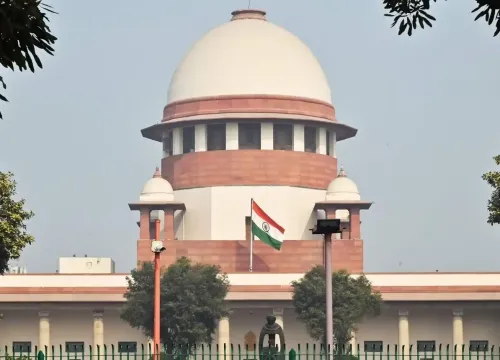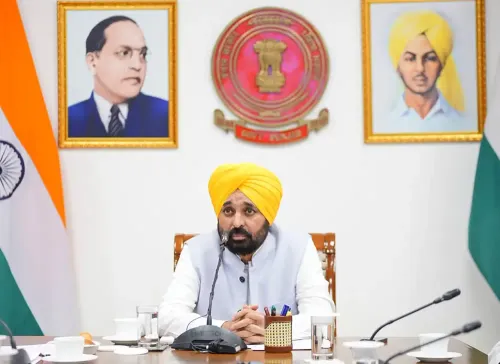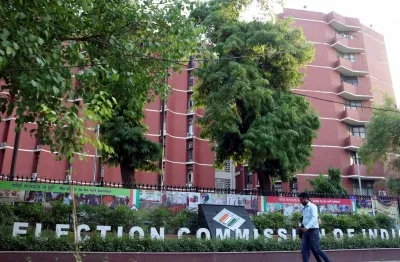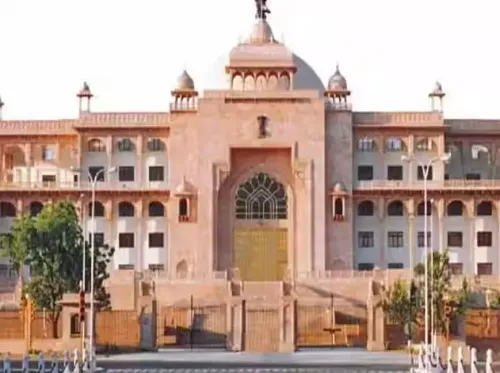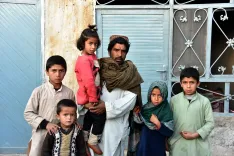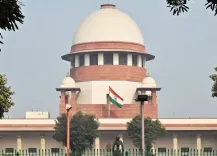Who Were the Hybrid Terrorists Arrested with Weapons in J&K's Shopian?
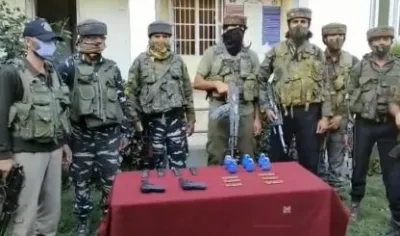
Synopsis
Key Takeaways
- Arrests of two hybrid terrorists in Shopian highlight ongoing security challenges.
- Significant cache of weapons recovered indicates serious threats.
- Nationwide outrage following the loss of innocent lives.
- Indian armed forces are actively targeting terrorist infrastructure.
- Continued vigilance is essential for civilian safety in J&K.
Srinagar, May 29 (NationPress) On Thursday, law enforcement announced the apprehension of two hybrid terrorists along with a cache of arms and ammunition in the Shopian district of Jammu and Kashmir (J&K).
The arrests were made by the Army's 44 Rashtriya Rifles, local police, and the 178 battalion of the CRPF at Baskuchan Imam Sahib.
Authorities recovered two 56 rifles, four AK magazines, 102 AK rounds, and two hand grenades from the suspects. A formal FIR has been filed against the detained individuals under the relevant sections of law.
Following a recent surge in violence, particularly after the tragic incident on April 22 where terrorists from Pakistan-backed Lashkar-e-Taiba (LeT) claimed the lives of 26 innocent individuals—including 25 tourists and a local pony owner in Baisaran meadow, Pahalgam—the military and police have ramped up their anti-terror operations across J&K.
This heinous attack, which targeted civilians based on their religion, sparked nationwide outrage.
The local pony owner, Syed Adil Hussain, was killed while attempting to disarm a terrorist, arguing against the senseless massacre of unarmed civilians.
In response to this violence, the Indian armed forces executed precision strikes on terror infrastructure in regions like Muridke near Lahore and various locations in Pakistan-occupied-Kashmir (PoK).
In retaliation, Pakistan unleashed heavy mortar shelling on civilian areas in J&K, resulting in the deaths of 28 civilians, with 13 casualties reported in Poonch district alone.
The districts of Poonch, Rajouri, Baramulla, Kupwara, and Bandipora experienced the brunt of this shelling, with Poonch suffering the most significant impact on civilian lives and infrastructure.
During a visit on April 23, Union Home Minister Amit Shah emphasized the need for the Army, CAPFs, and police to exhaust all resources to ensure justice for the victims of the Pahalgam attack.


